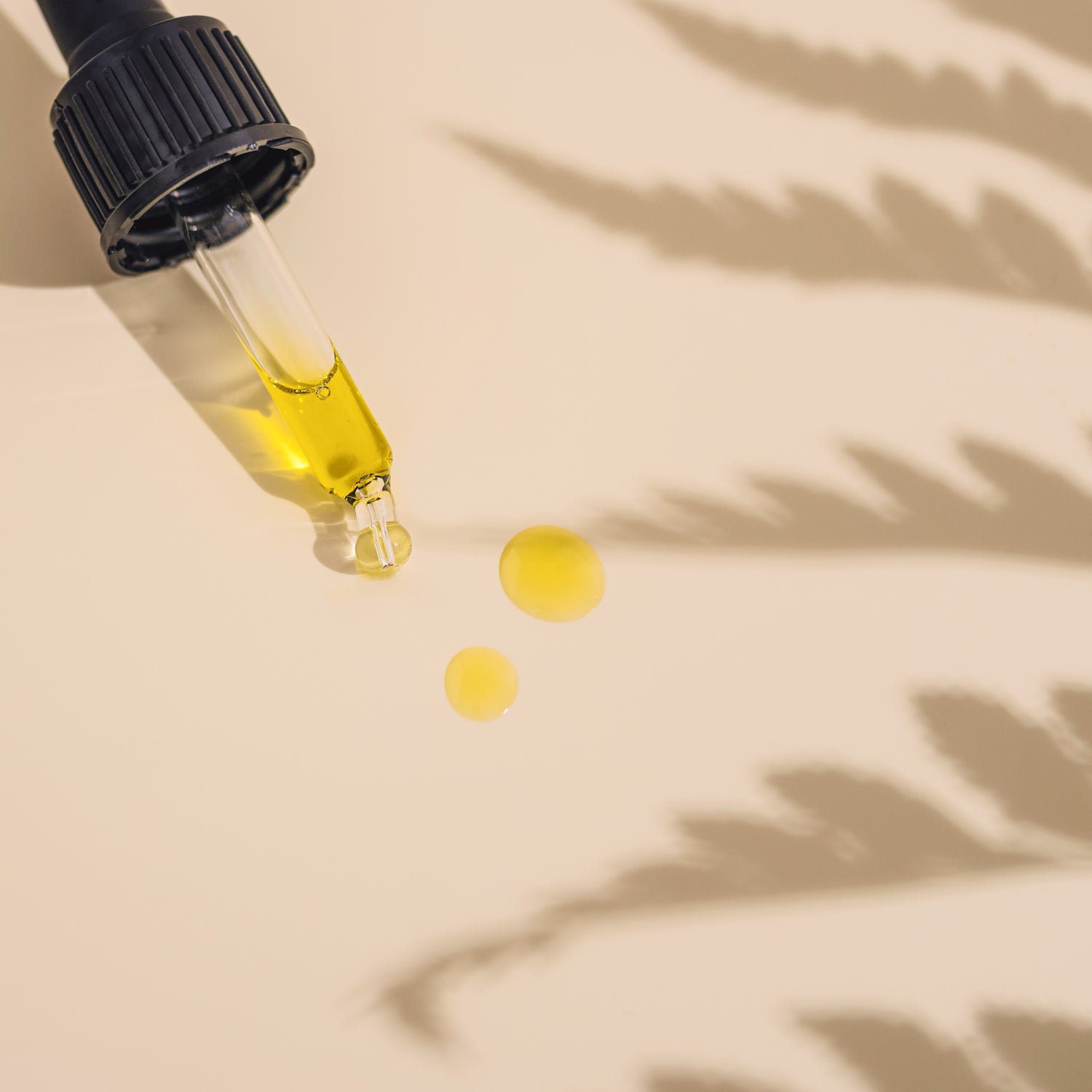Cannabidiol (CBD) is the second major cannabinoid found in cannabis plants like hemp and marijuana. Unlike the other major cannabinoid THC, CBD is non-psychoactive. The effects of CBD include: alerting at low doses, sedating at high doses, reduces pain, relaxes muscle spasms, potent anti-inflammatory, stops nausea/vomiting, reduces anxiety/depression, counters psychotic thoughts, anti-oxidant, anti-convulsant, neuro-protectant, and anti-tumor effects.
CBD stands for cannabidiol – the second most common cannabinoid found in cannabis. THC is the other most common cannabinoid.
What is CBD Oil?
CBD oil is the term used to describe a sublingual tincture of CBD. A CBD oil or tincture is made by mixing a CBD extract from a cannabis plant into a base like alcohol or hemp seed oil. The CBD oil is meant to be held under the tongue and absorbed directly into the bloodstream. A sublingual absorption provides a faster effect than absorption via the stomach (i.e. taking a CBD capsule or edible product).
What are Terpenes?
Terpenes are essential oils found in plants. There are around 200 terpenes in cannabis. They are what give cannabis its distinct aroma and flavor. Terpenes have beneficial effects and work synergistically with cannabinoids like CBD and THC – this relationship is called the entourage effect.
Will CBD Get Me High?
CBD is considered to be a non-psychoactive cannabinoid so it will not get you high in the way that marijuana (THC) gets you high. But CBD is known to be relaxing so you may feel a sort of subtle “high” and relaxation. For some CBD will be too sedating; others will find that the sedating effects of CBD are great for insomnia.
